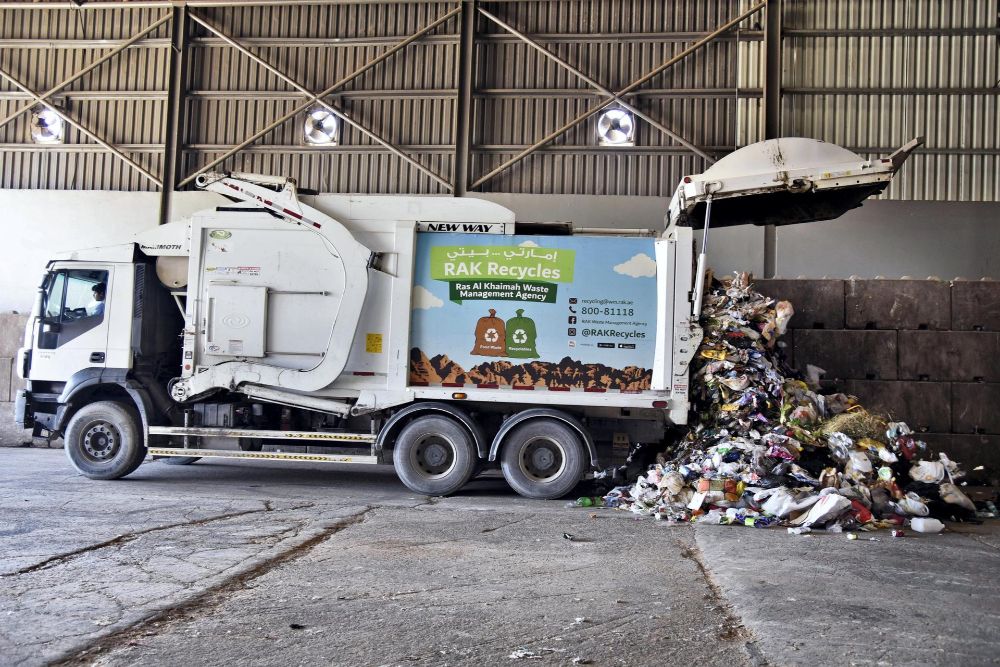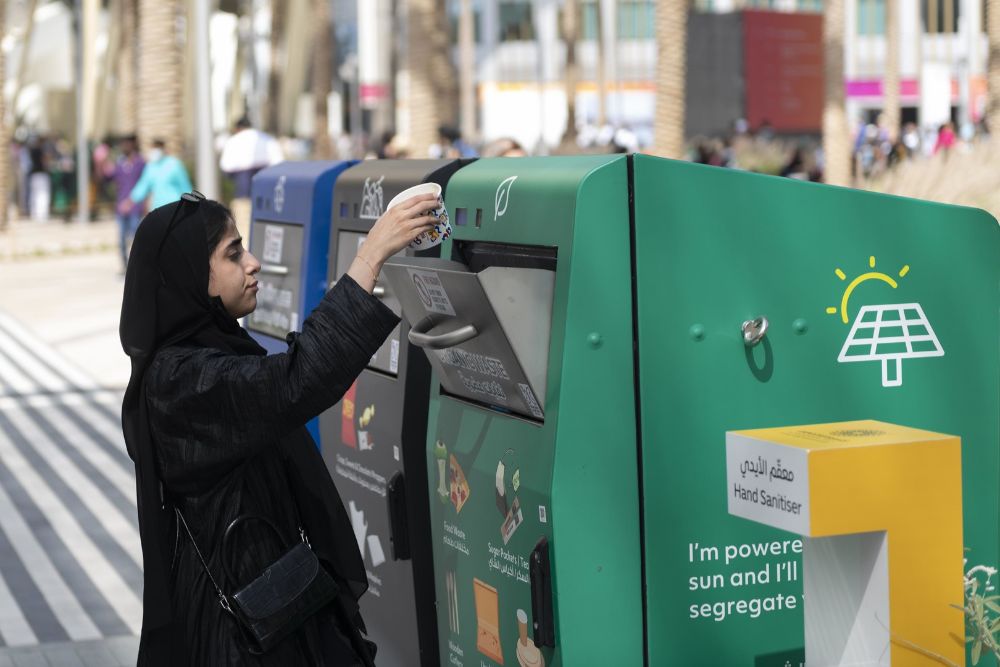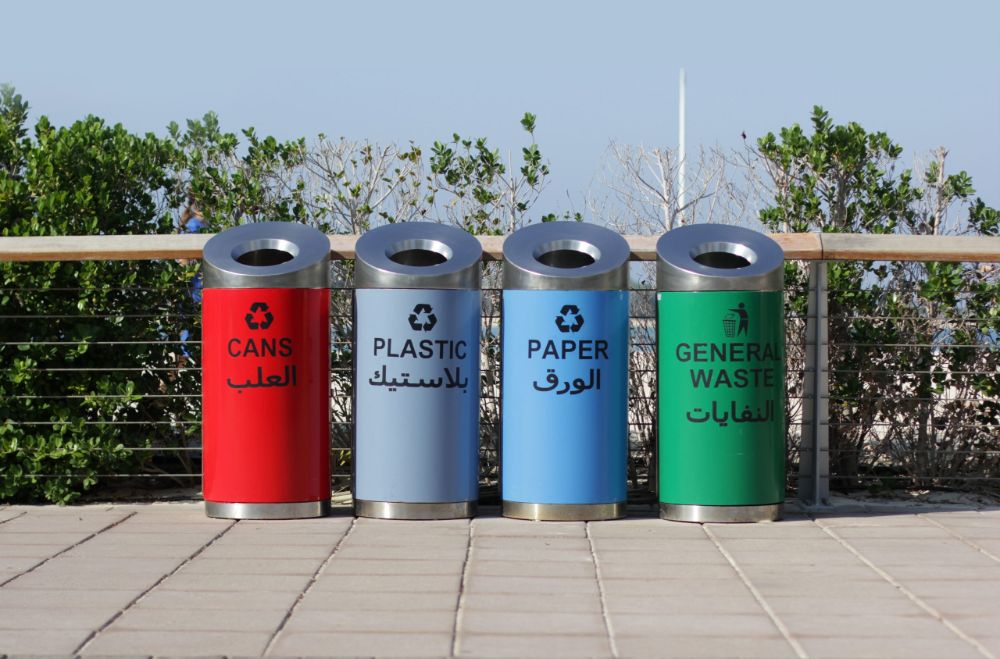Dubai aims to recycle 8,000 tons of waste weekly through the Smart Sustainable Oasis (SSO) program. This initiative by the Dubai Municipality is a model that Kerala can adopt. It involves collecting waste separately and recycling it to promote reuse. Dubai Municipality implements this project through 18 types of waste, not just one or two.

The SSO program encompasses 18 types of waste, including electronic-metal waste collected through a 24-hour system. It includes items such as mobile phones and dry batteries. The project encourages recycling by utilizing the cooperation of residents in each center, informing them about waste deposition and monitoring through cameras and audio devices.
Initiated in 2018, Dubai Municipality claims to have recycled 2.5 million tons of waste, significantly contributing to transforming waste into resources. The Smart Sustainability Oasis (SSO) program is notable for identifying and segregating recyclable waste directly at the source.
The SSO’s special feature lies in its ability to identify recyclable waste directly from source points. This waste, earmarked for recycling, is then sent to treatment plants. By doing so, the project can reduce the volume of waste deposited in landfills.

The waste’s volume reaching recycling centers can be monitored through remote sensors. These sensors provide information about the amount of waste reaching recycling centers, helping to adjust waste disposal strategies. The waste generated during recycling, as well as waste that cannot be recycled, is used for energy production. Facilities like My City and NORD contribute to generating energy from non-recyclable waste. The process of recycling involves sorting materials and segregating non-recyclable waste, contributing to energy production.

In conclusion, the SSO program in Dubai, with its advanced technology and systematic waste management, serves as a model for Kerala to adopt in its efforts to manage and recycle waste effectively.
